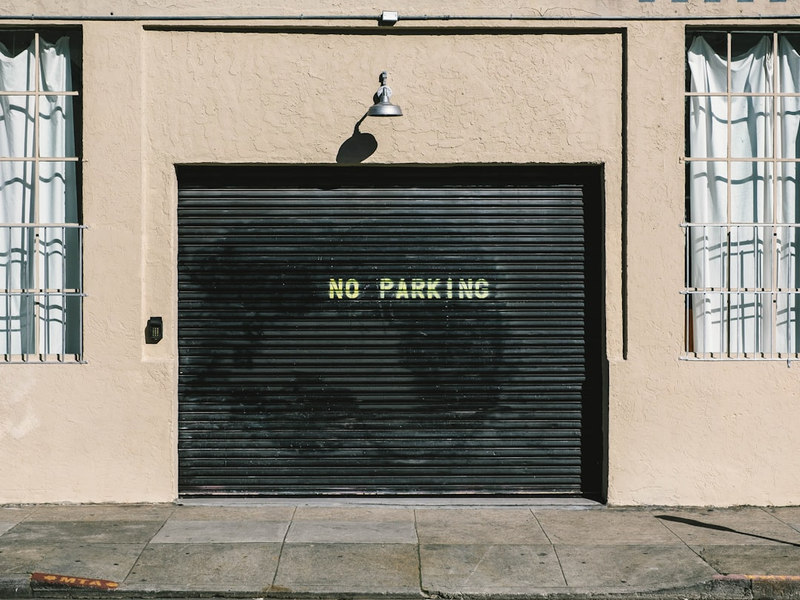RV Dwellers Caught in San Francisco's Housing Crackdown

Photo by Adam Griffith on Unsplash
San Francisco Mayor Daniel Lurie has signed controversial legislation that aims to address vehicular homelessness, sparking heated debates about housing justice and urban policy. The new law will enforce strict 24/7 two-hour parking limits for large vehicles and allocate $13 million towards rapid rehousing and vehicle buyback programs.
According to the 2024 Point-in-Time Count, approximately 1,444 individuals and families currently reside in vehicles across the city. Lurie’s “Breaking the Cycle” initiative seeks to transform the city’s approach to homelessness by providing alternative housing solutions and expanding recovery resources.
The legislation has drawn sharp criticism from housing advocates, particularly the Coalition on Homelessness. The organization argues that the policy unfairly targets vehicle residents and could potentially displace vulnerable populations from their current living situations. Protesters gathered at City Hall, chanting “housing is a human right” and condemning what they view as a “draconian policy”.
Lurie defended the legislation, emphasizing the need to balance compassion with urban livability. “Parents living in vehicles deserve real options for raising their kids safely and with dignity,” he stated. The city plans to offer 65 rapid rehousing subsidies for families currently living in large vehicles over the next two to three years.
The broader context reveals a complex housing crisis: the 2024 count identified 3,969 sheltered and 4,354 unsheltered people experiencing homelessness in San Francisco. This new legislation represents another attempt to address the city’s ongoing challenges with housing insecurity and urban space management.
As San Francisco continues to grapple with housing affordability and homelessness, this policy highlights the ongoing tension between municipal governance, community needs, and the fundamental right to shelter.
AUTHOR: mb
SOURCE: Local News Matters
























































